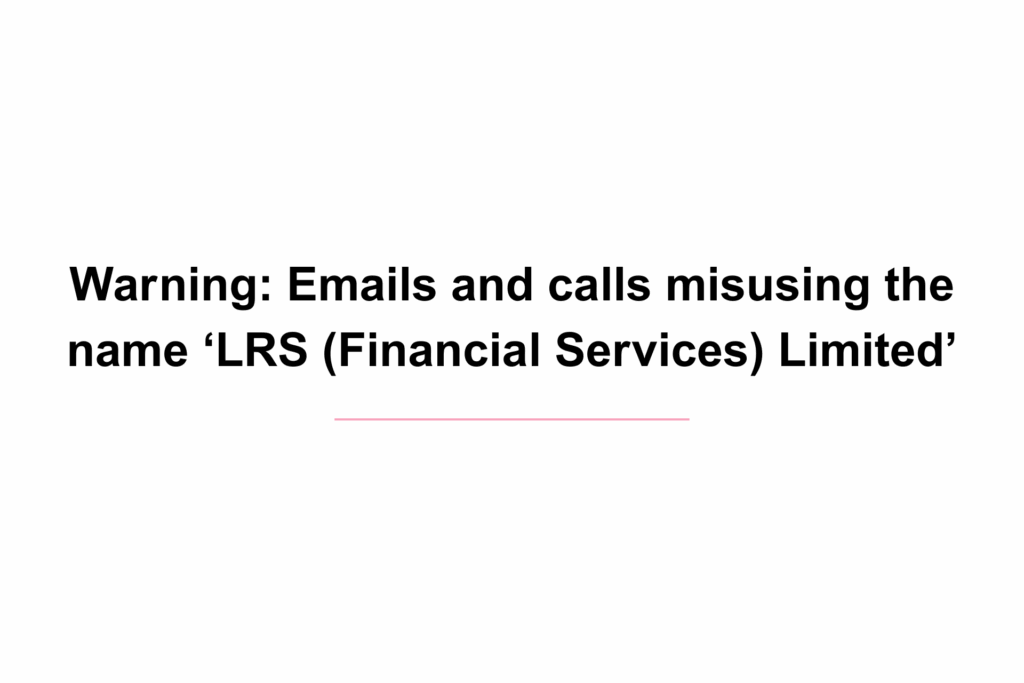Can organisations introduce a mandatory COVID-19 vaccination policy? Lodders employment law specialist, explains.
Employers have a duty, so far as is reasonably practicable, to ensure the health, safety and welfare of those working for them, as well as those who physically interact with the business.
What discrimination issues might arise with mandatory vaccination?
Having a one size fits all vaccination policy, which results in workers being dismissed or treated less favourably if they have not been vaccinated, could put individuals with a protected characteristic at a particular disadvantage. There is therefore the risk of discrimination claims unless the organisation can justify the approach as being a proportionate means of achieving a legitimate aim, such as protecting the health and safety of staff and others.
Whether mandatory vaccination is proportionate will depend on factors such as how the policy operates in practice, the impact on individual workers, and whether there are less intrusive ways of reducing risk. For example, are there other steps that could be taken to make the workplace COVID-19 secure, such as social distancing, screens, ventilation? Could the employee work from home? Could the employee be re-deployed into a role for which other COVID-19 steps would be sufficient and vaccination would not be required or justified?
What are relevant protected characteristics individuals may seek to rely on?
A vaccination requirement, which doesn’t allow for exceptions, could put workers with any of the following protected characteristics at a particular disadvantage:
Age: Younger workers may be more hesitant about getting the vaccine on the basis that the risks from COVID-19 for them are lower.
Disability: Employees with particular medical conditions might be advised – or choose – not to get the vaccine. If their condition amounts to a disability under the Equality Act 2010, pressure to get the vaccine could lead to a disability discrimination claim.
Pregnancy or maternity: Previous government advice was that pregnant women should not be vaccinated. However, it now says that they should be offered COVID-19 vaccines at the same time as people of the same age or risk group. The NHS suggests that individuals who are pregnant should speak to a healthcare professional before they have the vaccination to consider the benefits and risks.
Race: Research by SAGE has shown a marked difference in the COVID-19 vaccine uptake among minority ethnic groups. The greater hesitancy in minority ethnic groups has reportedly been due to low confidence in the vaccine, distrust, access barriers, inconvenience, socio-demographics, and lack of communication from trusted providers.
Religion or belief: People with strongly held views against vaccination might argue that they are protected as having a philosophical belief. Whether they are is so far untested and will depend on the individual facts and circumstances. Some employees might object to the vaccine because of what it contains, or how it was produced. Muslim, Hindu, or vegan employees might refuse vaccination because gelatine derived from pigs is often used in mass-produced vaccines. However, the NHS website states that the approved COVID-19 vaccines don’t contain any animal products or egg.
Sex: Some women may refuse to be vaccinated because they are trying to conceive and may be concerned about a lack of information regarding the effects on fertility. The NHS has advised there is no evidence that the vaccine has any effect on the chances of becoming pregnant.
Whether to introduce a vaccination policy will be a decision for each organisation to take based on a risk assessment. The discrimination risks need to be considered as part of the overall picture, along with the employer’s health and safety and data protection obligations.
It is also important to bear in mind that a vaccination policy is just one way to try to manage COVID-19 risks in the workplace and should be considered alongside other appropriate measures such as social distancing, hygiene procedures, and ventilation.
More information
If you need any advice on covid-19 vaccine policies or any other employment-related matter, please contact our Employment team.
Contact usContact us
Need more advice?
For help with a legal problem or more information on any of our services at Lodders, please get in touch with our friendly team. You can contact us via the number or email address below, or fill in the form and we will get back to you as quickly as we can.

Contact a member of the team
Read more
Other news, insights and events








